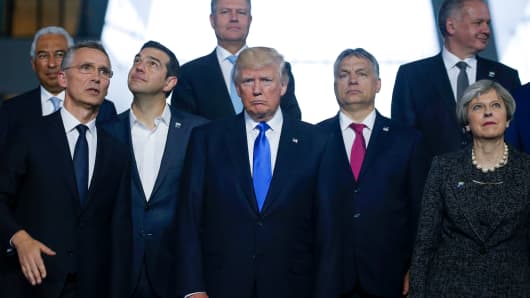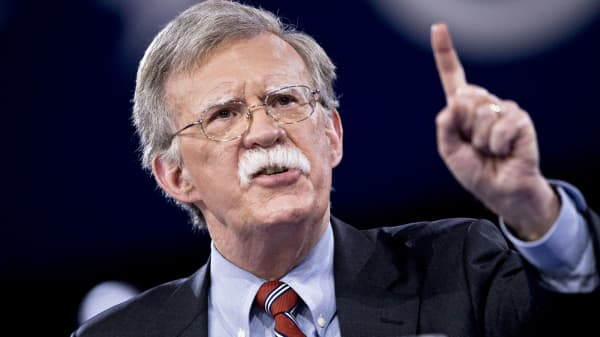There is broad support for U.S. culture and liberties. The global median level of support for the two were 65 percent and 54 percent, respectively. Only in Islamic states and India, which is in the midst of a Hindu nationalist revival, does support drop below a majority. Still, a plurality dislikes U.S. ideas about democracy. That skepticism may reflect the role of U.S. government policy, since Washington often purports to spread "democracy" abroad.
Very different were confidence levels in American presidents. George W. Bush had abysmal ratings when he left office, as low as two percent—two percent!—in Turkey. Barack Obama's lowest rating was 14 in Jordan. But he enjoyed two in the 90s and seven in the 80s.
The best that can be said for President Trump is that he has nowhere to go but up. In broad sweep, a majority of foreigners see Trump as a strong leader, but even more believe him to be arrogant, dangerous, and intolerant. Seven countries, most notably India and Israel, gave him majority approval last year. He is in single digits in three (lowest is five in Mexico). In another 23 countries his approval is in the teens through the 20s.
Moreover, the vast majority of people abroad oppose signature Trump policies: withdrawing from the Paris climate change convention, building the border wall with Mexico, killing the Iranian nuclear deal, dropping free trade agreements, and banning entry from some Muslim nations.
Residents of 37 nations were asked their opinion; On only one issue did opposition average below 62 percent. His approach received significant support in only four countries. In 16 nations majorities opposed all five policies.
Of course, sometimes the right action might be unpopular. So Washington officials should not pursue popularity to the exclusion of other objectives. However, support and respect by foreign populations enhances Washington's influence and encourages foreign governments to cooperate with the U.S. On these measures, at least, the Trump administration is moving America backwards, with no end in sight. To the extent that Washington is looking for foreign support, it could be another three or seven years before America's reputation recovers.
Doug Bandow is a senior fellow at the Cato Institute and a former special assistant to President Ronald Reagan.
For more insight from CNBC contributors, follow
@CNBCopinion
on Twitter.





